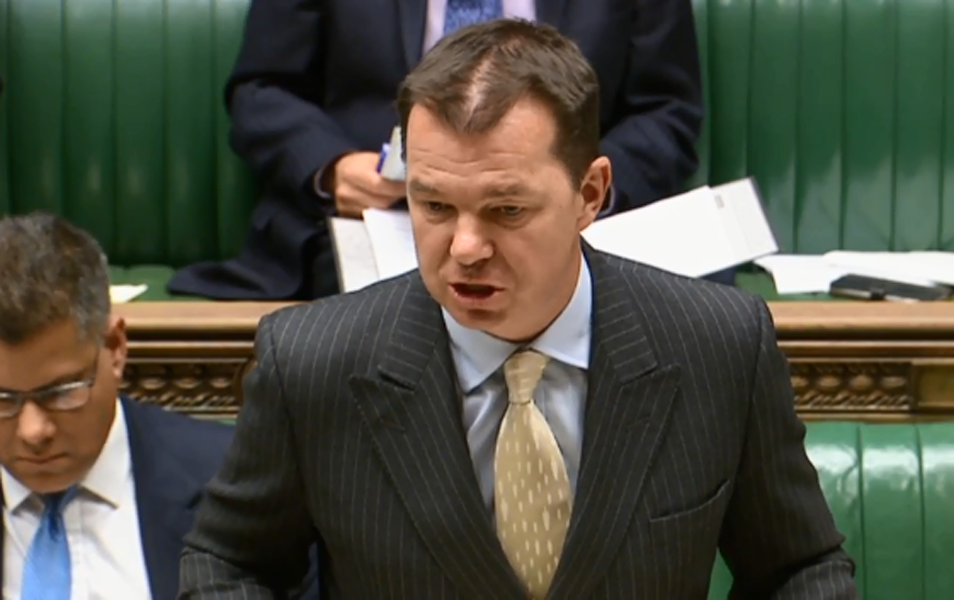U.K. pensions will be greener and DC plans more consolidated, minister says
U.K. pension funds are on a journey to be "safer, better and greener," and defined contribution plans are headed for consolidation, U.K. Minister for Pensions and Financial Inclusion Guy Opperman said Tuesday at the P&I World Pension Summit in The Hague. Last year, the U.K. was the first G-7 country to commit to mandatory climate disclosures under the Task Force on Climate-Related Financial Disclosures, and pension funds will have to disclose how climate change impacts their investment portfolios as part...



